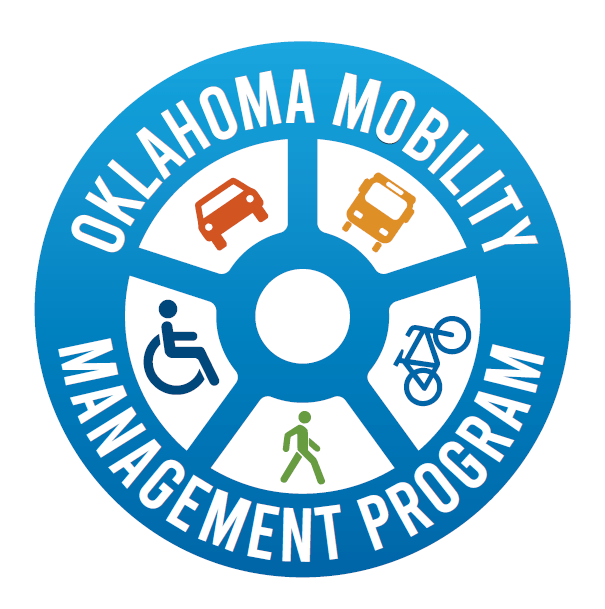Statewide Mobility Network
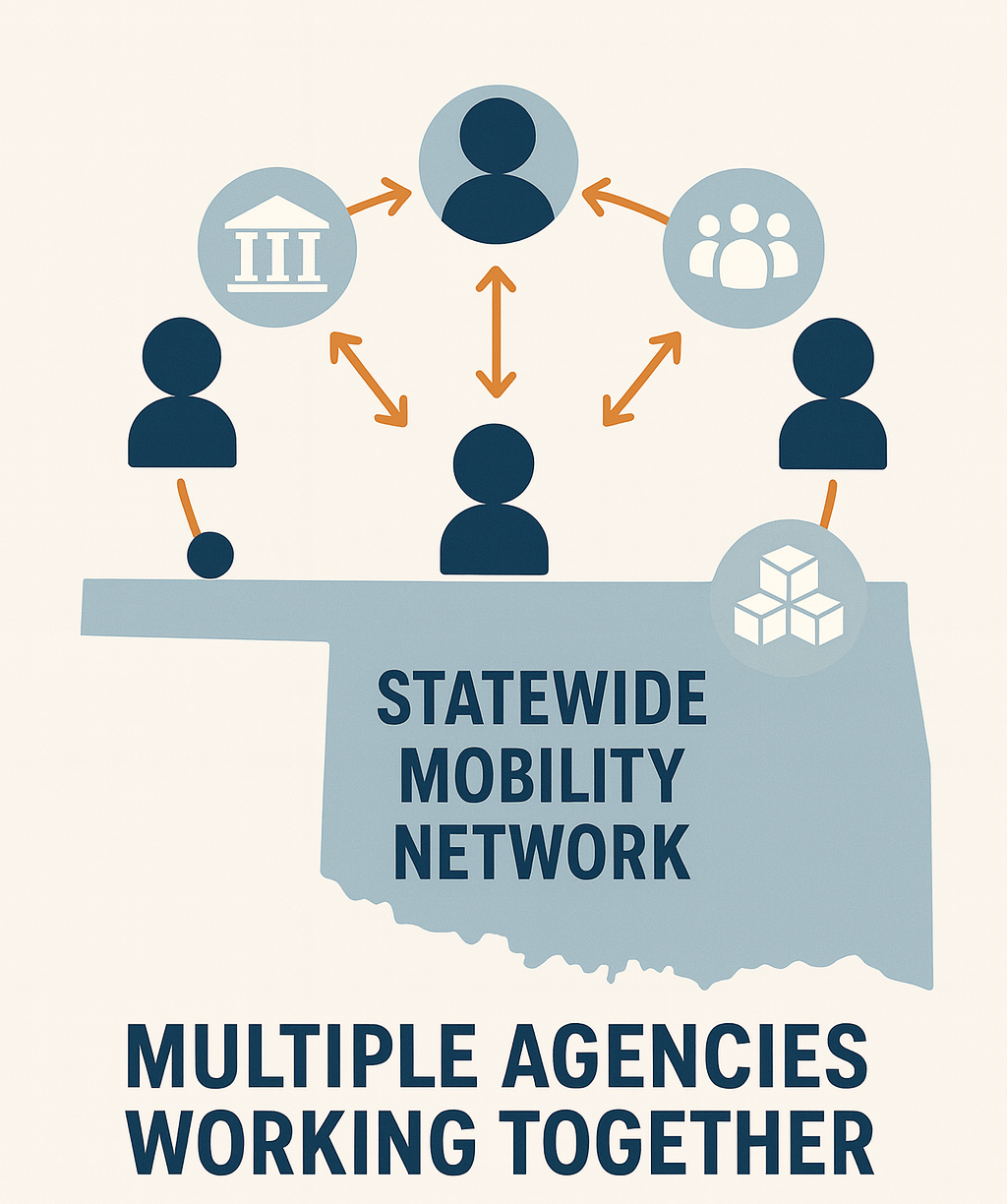
Bringing Oklahoma agencies together to improve transportation access and coordination.
The Statewide Mobility Network (SWMN) convenes Oklahoma state agencies alongside partner organizations and foundations to discuss transportation needs, share mobility initiatives, and coordinate solutions. Hosted by the Oklahoma Department of Transportation (ODOT), these monthly meetings are an open, collaborative forum for agencies that want to participate, partner, or learn more about public transit and the Oklahoma Mobility Management Program.
SWMN Meeting Schedule
- When: The 3rd Thursday of each month at 10:00 a.m. CT
- Host: Oklahoma Department of Transportation (ODOT)
Dates may shift for holidays or special sessions. Please check your calendar invite, back here on the webpage, or contact ohook@odot.org for any updates and meeting cancellations.
Upcoming Dates:
- August 21, 2025
- September 18, 2025
- October 16, 2025
- November 20, 2025
- December 18, 2025
- January 15, 2026
- February 19, 2026
- March 19, 2026
- April 16, 2026
- May 21, 2026
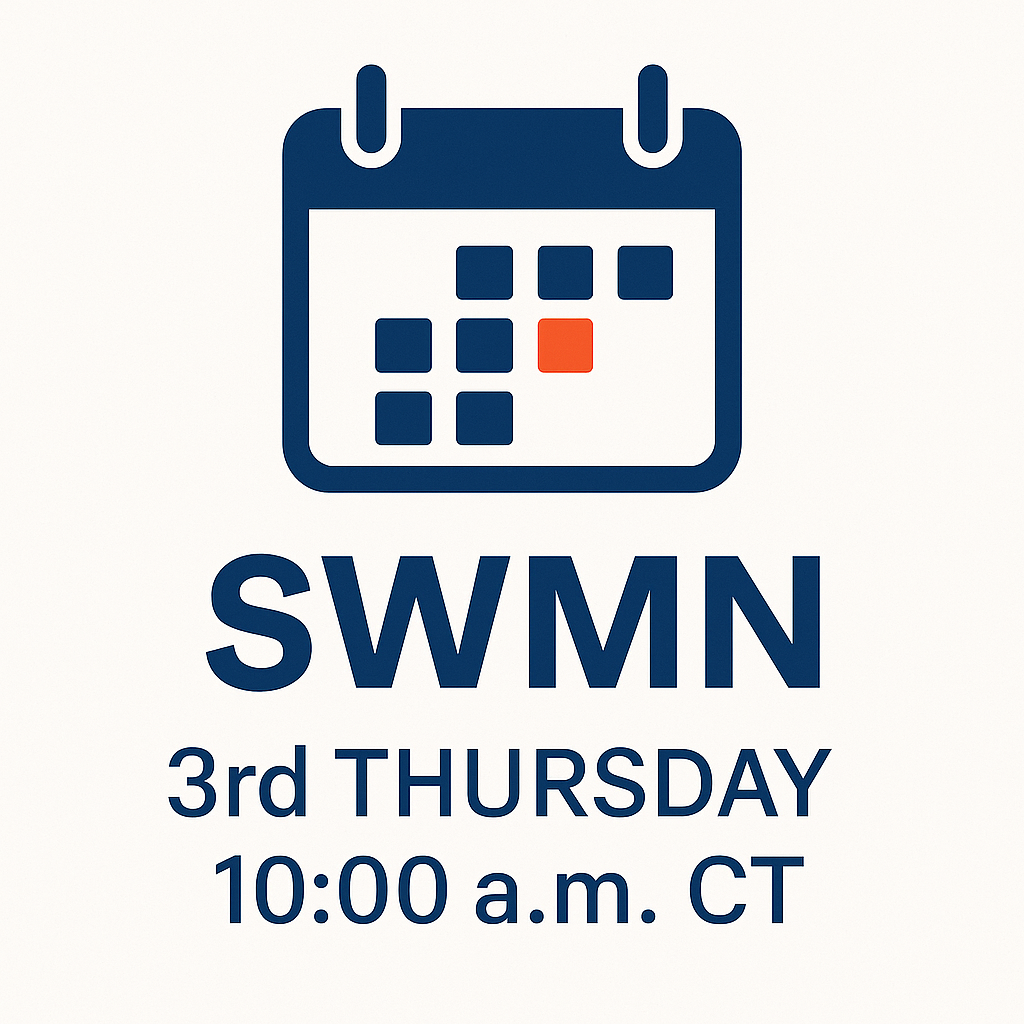
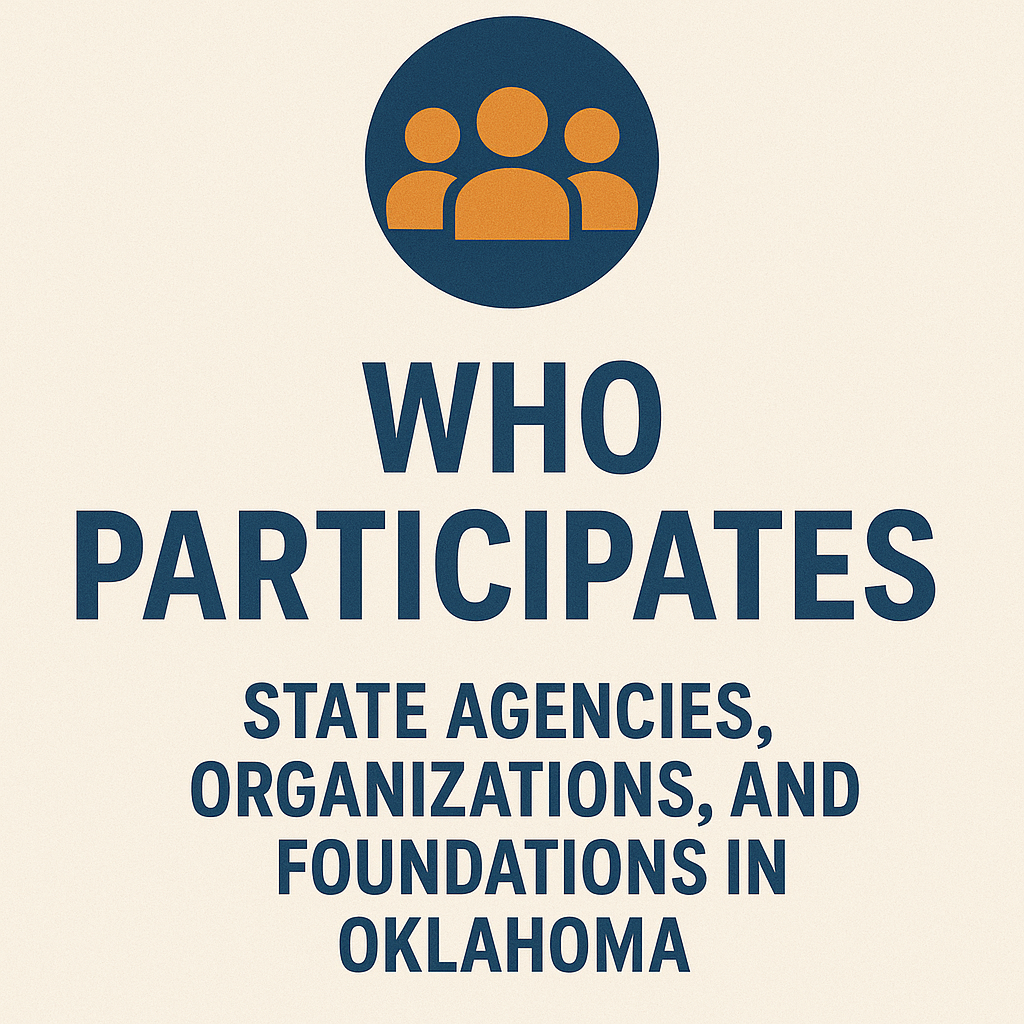
- State agencies (health, human services, education, veterans, aging, workforce, etc.)
- Tribal partners, statewide organizations, and foundations
- Public transit providers and mobility management programs
- Cross‑sector partners whose programs depend on reliable transportation
Participation is open to state agencies, statewide organizations, and invited partners whose work intersects with transportation and mobility.
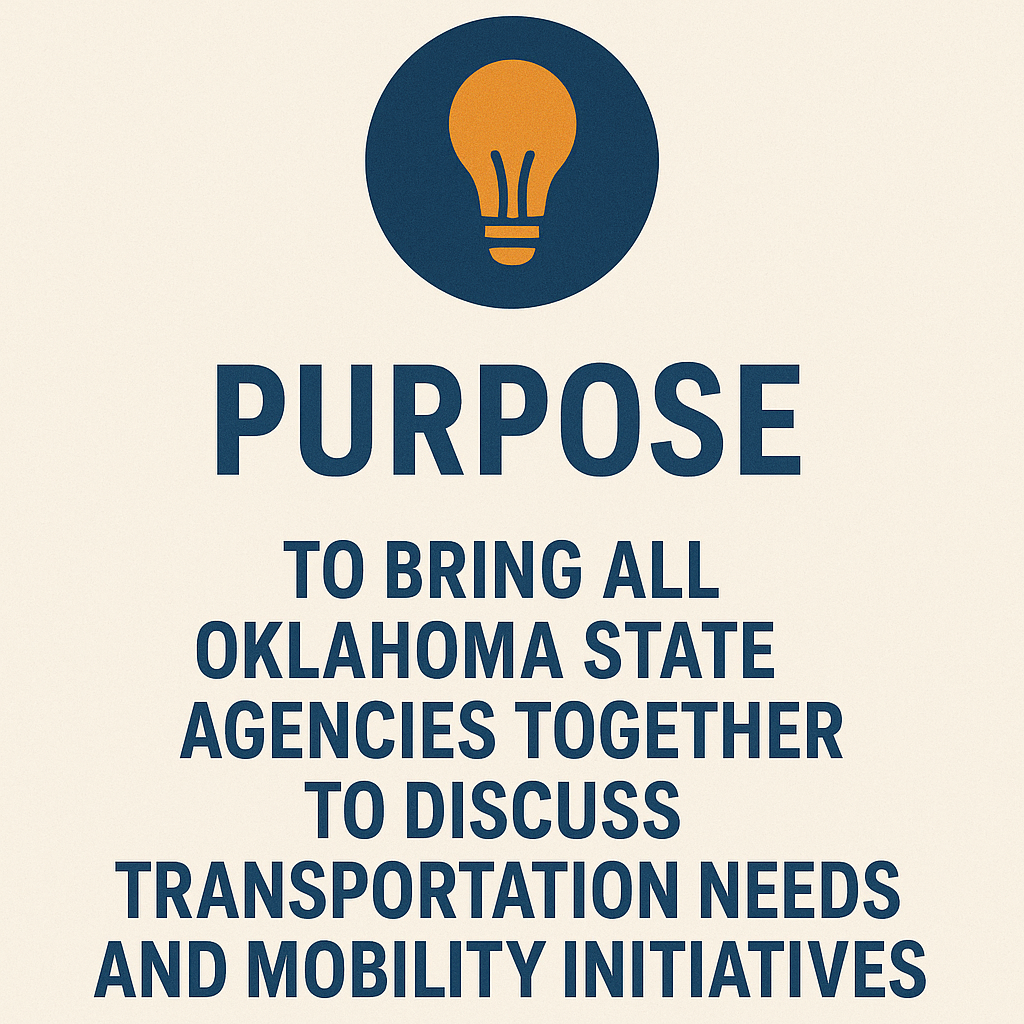
- Coordinate across agencies. Reduce silos, align programs, and avoid duplication of efforts.
- Spot gaps & remove barriers. Identify unmet transportation needs—especially in rural and underserved communities—and surface practical solutions.
- Build an inclusive system. Support ADA accessibility, safety, and equitable access to mobility for all Oklahomans.
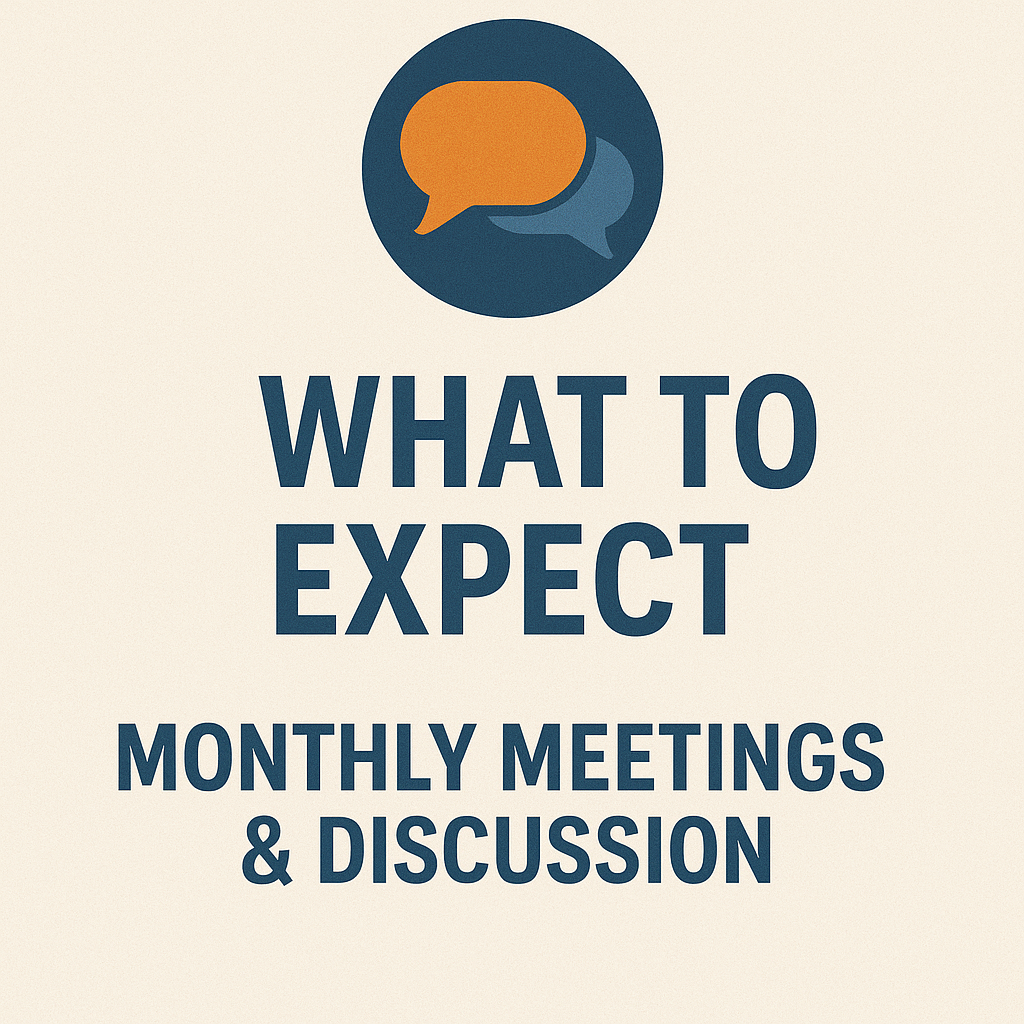
- Program updates: Announcements, news, and upcoming funding opportunities
- Spotlight presentations: Short briefings on active mobility initiatives, pilots, or research
- Barrier‑busting: Identify service gaps (e.g., driver shortages, after‑hours trips, NEMT coordination) and brainstorm solutions
- Data & performance: Measures that matter—availability, accessibility, on‑time performance, and rider experience

- Register for the next meeting – Sign up here to receive the calendar invite and joining link.
- Join the email list – Subscribe for reminders, agendas, and notes.
- Share materials – Share our statewide flyer, one‑pagers, or links with others.
- Accessibility & accommodations – If you require meeting accommodations, contact us at least five business days before the meeting.
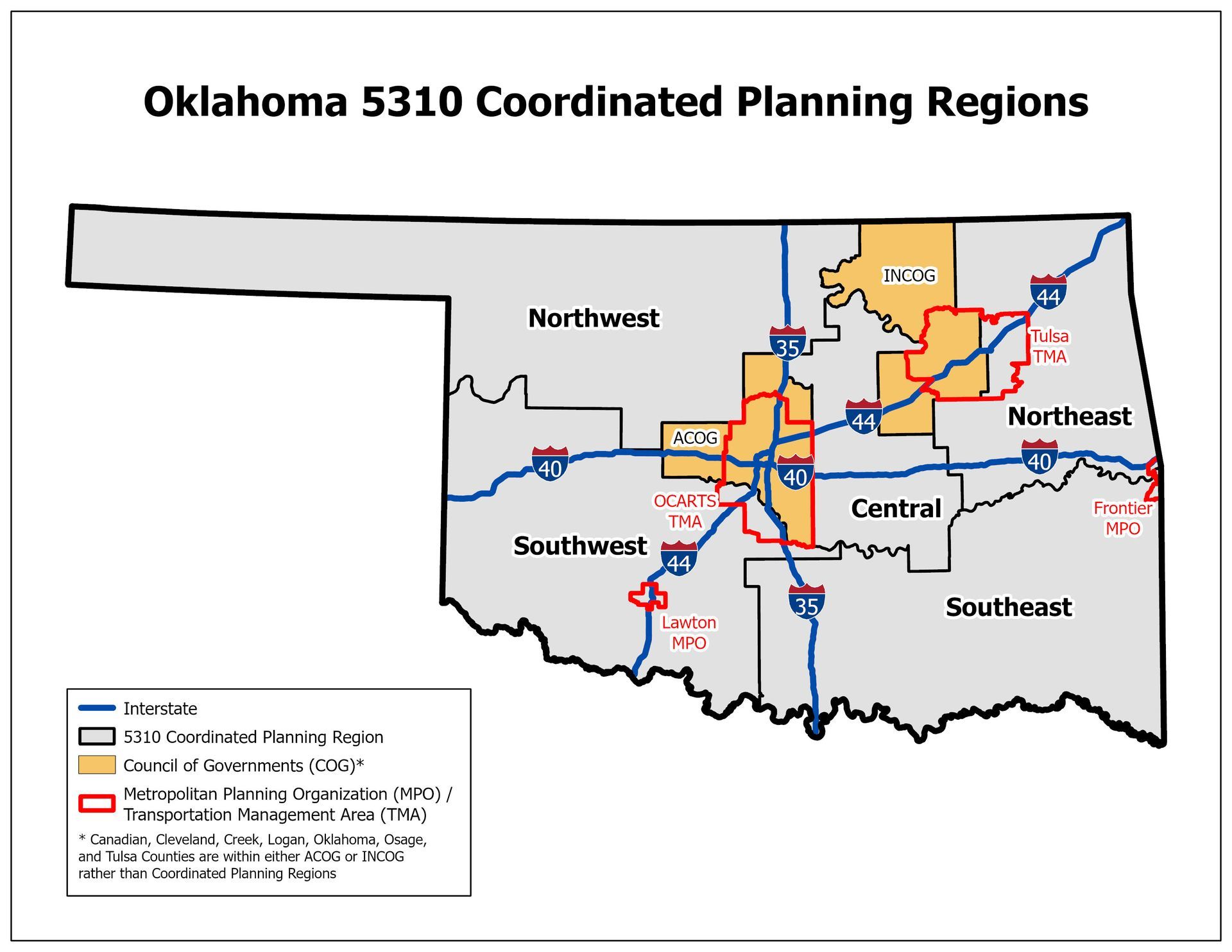
Regional & Local Coordination Meetings:
Do you want to meet on a local or regional level?
Visit our Coordination Meetings page for meeting opportunities on a more targeted level.
Mobility Management Supports all State Agencies in Oklahoma.
Here's how:
Goal =
100% mobility management program coverage of Oklahoma by 2030
More mobility management programs are needed!
Join efforts to sustain programs and expand statewide.
